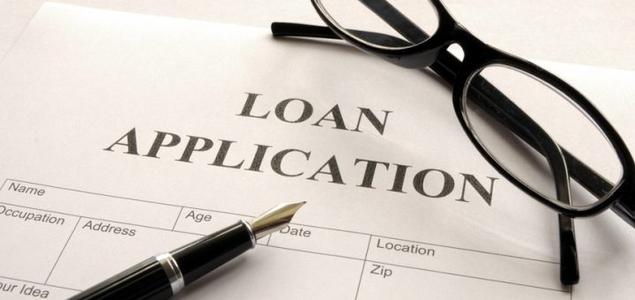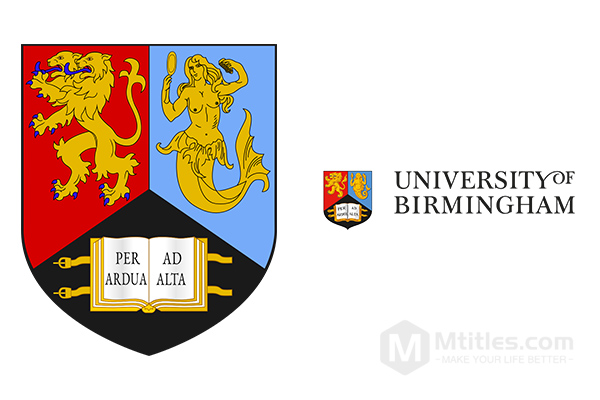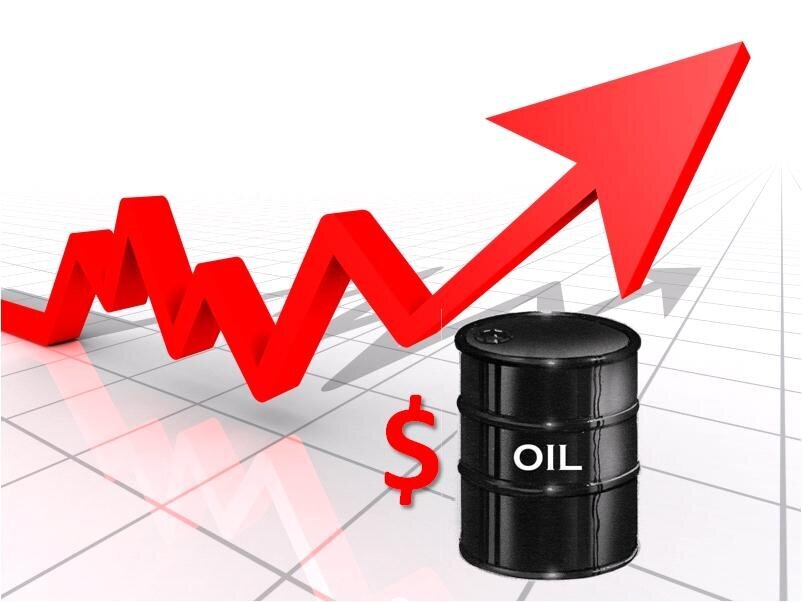During the Epidemic, How can I Withdraw Money in Advance from Retirement Accounts Without Penalty?

Due to the sudden impact of the epidemic, the unemployment rate has soared and US residents are subjected to the hardships of unemployment and living expenses. The US Congress launched the $ 2 trillion economic stimulus package at the end of March. One of the policies is that Americans can now withdraw up to $ 100,000 from individual retirement accounts, including 401 (K) s and Individual Retirement Accounts, and Fines Waiver.
This clause is called the “Corona Virus Related Withdrawl” clause, which is only valid in 2020.
Withdrawal regulations before the epidemic
Before the outbreak, if money was withdrawn from the 401 (K) s account before the age of 59.5, a fine would be incurred. The amount of the fine is 10% of the amount of the withdrawal. At the same time, a 20% tax will be automatically deducted from this expense. These rules, which have been in force for many years, have now changed in 2020.
Who can benefit from the withdrawal without penalty?
The easiest way is if we, our spouse, or people who depend on us to live and support themselves are diagnosed with COVID-19, we can withdraw money without penalty.
The “New Withdrawals Related to the Crown Outbreak” clause expands this most basic provision and further broadens the scope of withdrawals without fines.
According to the announcement released by the IRS on June 19, any individual, spouse or family member of an individual who experiences the following "adverse financial conditions" caused by COVID-19 can withdraw the money without penalty:
-Be quarantined, on leave or dismissed
-Working hours are reduced
-Job opportunities are canceled, postponed or our income (including self-employment income) decreases
- Unable to go to work due to lack of childcare
-Reduction of opening hours due to the epidemic, or suspension of activity
The above conditions have greatly expanded the scope of withdrawals without penalty. Even though we are still at work, we can still withdraw money from our personal pension accounts in advance without penalty under the "new crown of" clause. withdrawals linked to the epidemic ”.
Should I withdraw money from my 401k IRA account?
Although the IRS clarified the conditions for "new crown outbreak withdrawals" in June, that does not mean that all qualified people are encouraged to use the money. Is it a good idea to get the cash up front? What are the unfavorable consequences for us?
Before taking any money, the following factors deserve our attention.
Consequence 1: Impact on retirement income
Every penny we take out of 401 (k) or IRA upfront will directly affect our income after retirement.
If it is 100,000 yuan from 401 (K) or IRAs, at this time, we have extracted 10,000 yuan to pay various bills. Although the money is free of fines, if we do not return it, the tax refund generated when depositing the money in that year may need to be recalculated. At the same time, we will also lose the long term accumulative benefits that time has brought us.
According to the expected average annual interest rate of 6%, 100,000 yuan may increase to 320,000 in 20 years, and after withdrawal, the remaining 90,000 yuan may only increase to 288,000 yuan. Due to the time factor, the difference of 10,000 yuan, It may become a difference of 32,000 in retirement, as shown in the figure above.
Consequence 2: can be sold at the wrong time
The vast majority of people choose mutual funds or other investment products that participate in the market for their 401 (K) s or IRAs.
If we want to withdraw money from our retirement account in advance, that means we have to sell these investments in advance. When the market has fallen sharply, selling these investment products means that we accept the current loss.
In the first quarter of 2020, the S&P 500 Index experienced the largest quarterly decline in history. And one thing is for sure: as long as we don't sell, we have no real loss. It is only when we actually sell that there will be real losses.
Summary
Although during the outbreak the Internal Revenue Service and Congress provided us with an option for funding sources, but using the money in our retirement account should be our last resort.
If you intend to take this opportunity without a fine and withdraw some money for early consumption, then this behavior is not worth promoting. Whether to relieve the pressure of high-rate debt, to pay off the mortgage or pay the rent, or to pay for food or medicine for the family, this money can play a role as an emergency fund to help families. people in need.
If you do decide to withdraw early, one way to minimize the negative impact in the future is to withdraw only the amount of funds absolutely necessary and pay that amount back within three years - the sooner the better. (Finish)







